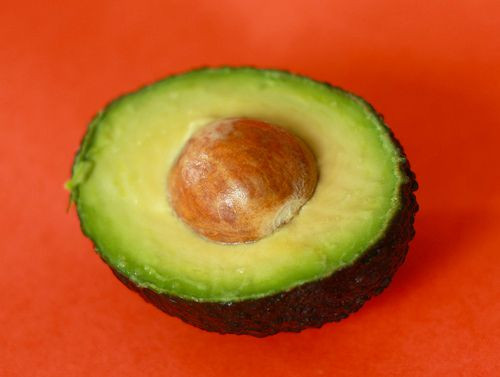Saturated Fat And Heart Disease Not Linked? Omega-3 And Other Fatty Acids May Not Improve Heart Health

Despite the innumerable dieticians and nutritionists extolling the benefits of omega-3 and omega-6 fatty acids, scientists conducting meta-analyses of prior research argue that no evidence exists to suggest these fatty acids lower a person’s risk for heart disease.
Over the last decade, foods like avocados and extra virgin olive oil have been heralded as the second-coming of superfoods. They contain healthy fats, including the omegas, which provide the body with ample sources of energy far healthier than many carbohydrates. But among fatty acids’ many virtues — preserving cognitive function, cutting arthritis risk, and preventing some cancers — a group of researchers from the University of Cambridge now says cardiovascular disease is not one of them.
"These are interesting results that potentially stimulate new lines of scientific inquiry and encourage careful reappraisal of our current nutritional guidelines,” remarked lead author Dr. Rajiv Chowdhury in a statement.
Chowdhury and his team combed through the data of 72 studies, including over 600,000 participants, from 18 countries. Specifically, they looked at total saturated fatty acid (those with no double bonds of carbon, thus saturated with hydrogen) in both the bloodstream and diet, and compared acid levels to cases of heart disease. The team found no association. Likewise, when they analyzed monounsaturated fats (only one double bond of carbon), they found no association.
The so-called “healthy fats” are healthy because of the type of energy they offer. Unsaturated fats, the ones typically deemed more nutritious than saturated fats, have fewer calories than an equivalent amount of saturated fat — which is to say they contain less energy. The human body produces some of these on its own, but not all. Those that come from food are known as “essential fatty acids,” and so far only two are known: omega-3 and omega-6. They serve to reduce inflammation and regulate mood.
Unfortunately, for the some 17 million people who die each year from cardiovascular disease, a diet rich in nuts, seeds, and certain fish serves little benefit, if any. "Cardiovascular disease, in which the principal manifestation is coronary heart disease, remains the single leading cause of death and disability worldwide,” Chowdhury said. “With so many affected by this illness, it is critical to have appropriate prevention guidelines which are informed by the best available scientific evidence."
The American diet gets most of its saturated fats from foods like pizza and cheese, along with grain- and dairy-based desserts, hamburgers and ribs, and even dishes typically thought of as healthy, such as chicken and reduced fat milk. Even foods high in healthy fats contain some saturated fats, although researchers are quick to caution people about limiting their intake of essential fatty acids.
Overall, the healthiest thing someone can do is ensure his or her diet has a robust nutrient profile that doesn’t depend on fatty acids alone. "Alongside taking any necessary medication, the best way to stay heart healthy is to stop smoking, stay active, and ensure our whole diet is healthy,” said Professor Jeremy Pearson, Associate Medical Director at the British Heart Foundation, “and this means considering not only the fats in our diet but also our intake of salt, sugar and fruit and vegetables."
Source: Chowdhury R, Warnakula S, Kunutsor S, et al. Association of Dietary, Circulating, and Supplement Fatty Acids With Coronary Risk: A Systematic Review and Meta-analysis. Annals of Internal Medicine. 2014.



























